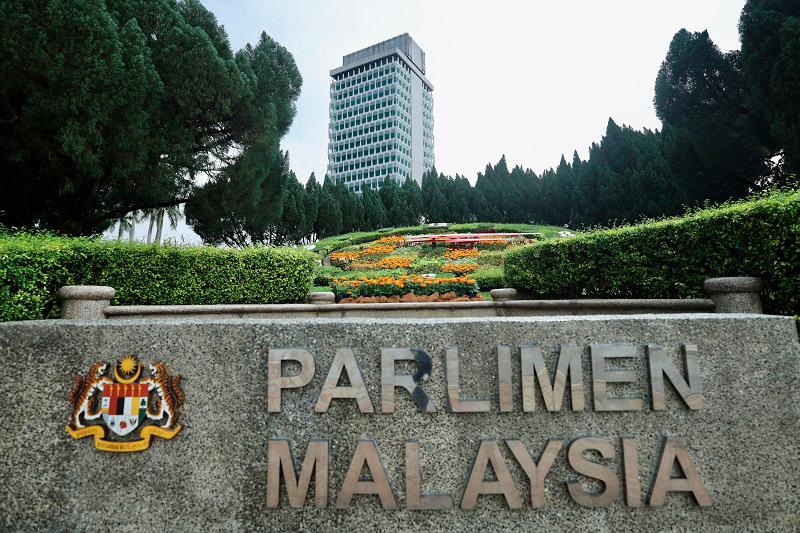PETALING JAYA: As Malaysia prepares for a special Dewan Rakyat sitting on May 5 to address the US-imposed 24% tariffs, economists are calling for a robust, multi-pronged strategy.
Universiti Putra Malaysia’s Putra Business School Assoc Prof Dr Ida Md Yasin emphasised the need for layered contingency planning.
“Diplomacy should be our first line of defence. According to the Investment, Trade and Industry Ministry, Malaysia’s Plan A involves direct engagement with the US – seeking either a reduction or exemption from the tariffs.”
However, Ida cautioned that the country must be ready with fallback plans if negotiations fail.
“We can’t rely on a single track. If Plan A doesn’t succeed, there must be a Plan B, and even a Plan C.
“At the end of the day, we don’t control the policy decisions of another nation.”
She also stressed the importance of diversifying Malaysia’s trade portfolio beyond the US, which currently ranks as the country’s third or fourth largest trading partner by value.
“If the US is retreating, that signals hesitation in continuing trade. But there are over 200 countries out there – if one door closes, we knock on the other 199 (doors).
“This is the time to build a long-term strategy that curbs over-dependence on any single partner.”
Ida expressed confidence that the upcoming parliamentary sitting would deliver substance, not just sound bites.
“I believe we’ll see at least two or three concrete strategies put forward to chart the way ahead.”
Universiti Malaysia Kelantan’s Prof Datuk Dr Nik Maheran Nik Muhammad warned that the tariffs could hit key sectors hard – particularly the electronics and semiconductors, which underpin Malaysia’s exports and employment.
She noted that even if Malaysia isn’t directly targeted, the ripple effects could be significant due to the nation’s critical role in the global supply chain.
“Much of our exports go to countries like China, which are directly impacted by US tariffs. If their trade slows, we’re bound to feel the consequences.
“This interconnectedness makes it vital for Malaysia to assess and respond to both the direct and wider implications of US trade policy.”
As the current Asean Chair, she said Malaysia is in a unique position to spearhead a collective regional response.
“We should rally neighbouring countries to act in concert and strengthen regional resilience.”
Nik Maheran also underscored the need for Malaysia to reinforce its image as a stable, business-friendly hub.
“We must show the world that Malaysia is a reliable place to do business.”
She also urged the government to raise the issue at global trade platforms such as the World Trade Organisation.
“We must speak out at international trade summits. It might not yield instant results, but it signals our commitment to fair trade and helps build global support.”
Nik Maheran also called for bold policy moves – not mere political posturing.
She outlined several key priorities, among them – supporting impacted industries, helping businesses tap into new markets, attracting foreign investment, safeguarding jobs, upskilling the workforce and a national contingency plan for future global disruptions.
She also said the special sitting must serve as a turning point.
“MPs must use this opportunity to shield our economy, back industries and workers, and show real leadership.”









